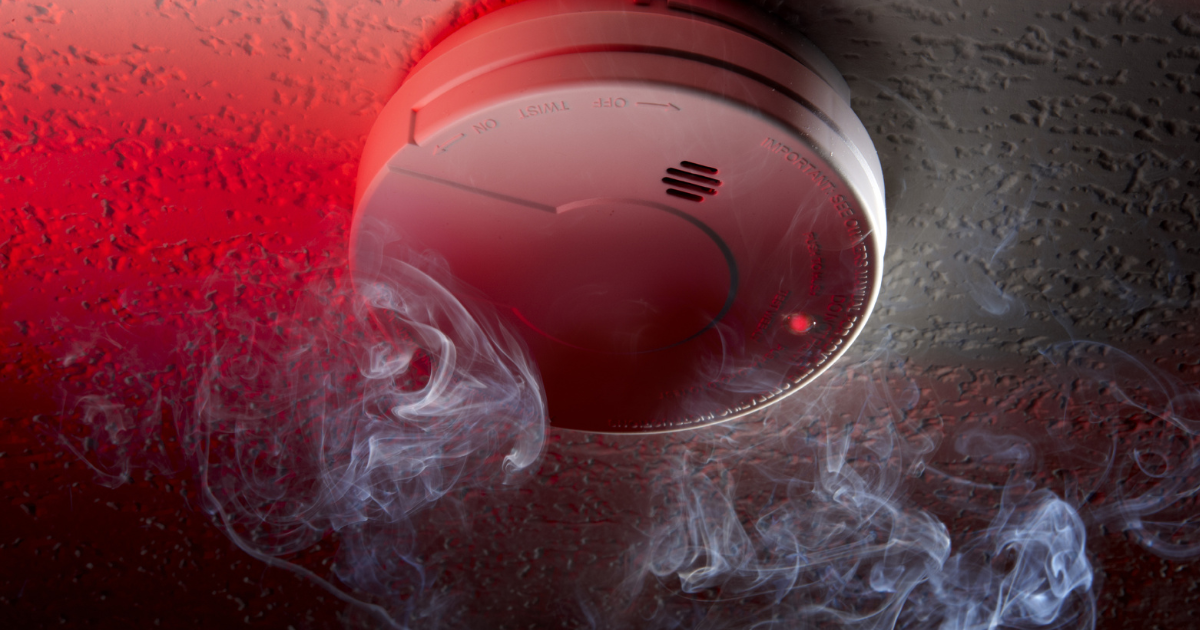Mice are miniscule Houdinis, squeezing through tiny openings that are the diameter of a slim pencil. Rats are contortionists, too, wriggling through mere quarter-sized gaps. These flexible beasts are surveying your property now, scoping out cozy indoor digs as the weather cools. “Your warm, well-supplied abode looks awfully appealing to enterprising rodents,” says John Gugliotta, President, Paul Davis Restoration of Boston South, Boston Metro West, and Rhode Island, Massachusetts. “It’s a convenient winter shelter that offers the basic rodent requirements: food, protection, nesting supplies and warmth.” It’s smart to shut out the fuzzy threats for reasons beyond simple nuisance. Because their teeth grow continually, they wear them down by gnawing; many an electrical fire has been sparked by nibbled wires. Rodents are also exceptional disease vectors. They carry dangerous bacteria and viruses like salmonella and hantavirus that contaminate people, foods and surfaces. Further, rats and mice multiply rapidly. Did you glimpse one in the kitchen? It could be a bewhiskered vanguard of the hidden hordes. Evict freeloading rodents like this: Seal entry points: Seal pipe entries, screen vents and cap chimneys (rodents are excellent climbers). Install door sweeps and patch holes in damaged screens. Repair foundation or sheathing cracks and plug gaps. Tidy up: Outdoors, remove shrubbery that is close to the house and store firewood away from structures. Both serve as hiding spots for rodents intent on breaching your home’s defenses. Indoors, clear cluttered corners and protect items – paper goods, bedding – that provide nesting materials and hiding spots. Eliminate food sources: Store all food in secure containers. And think small: even crumbs sustain rodent infestations. Vacuum regularly, keep kitchen surfaces clean and remove trash proptly. Set traps: Bait with peanut butter and place traps inside cupboards, along walls or behind appliances. Snap and electric traps kill rodents instantly while catch-and-release models allow relocation. Glue traps and poison bait, however, cause captives to suffer. Many options can be found online. Finally, don’t waste time on ineffective deterrents. “Ammonia, bleach, essential oils, dryer sheets, steel wool, hoping the pests go away – none work long-term and many don’t work even temporarily,” says Gugliotta. “If our recommended methods aren’t sufficient, exterminators specialize in rodent eradication.”
Full Service Water, Fire & Mold Cleanup + Restoration Specialists
Simple Tips to Defeat Mice and Rodents Seeking Warmer Spaces for Winter


FIND PAUL DAVIS NEAR YOU
FIND PAUL DAVIS
NEAR YOU With over 300 Paul Davis franchises in the United States and Canada, we are never far from you. Our impressive team of restoration specialists will handle returning your property and home back to their pre-damaged state.
NEAR YOU With over 300 Paul Davis franchises in the United States and Canada, we are never far from you. Our impressive team of restoration specialists will handle returning your property and home back to their pre-damaged state.
Proudly Serving ZIP Code Location
Clear
From Coast To Coast, Paul Davis Has You Covered
From Coast To Coast
Paul Davis Has You
Covered
Paul Davis Has You
Covered
Paul Davis Has You Covered









